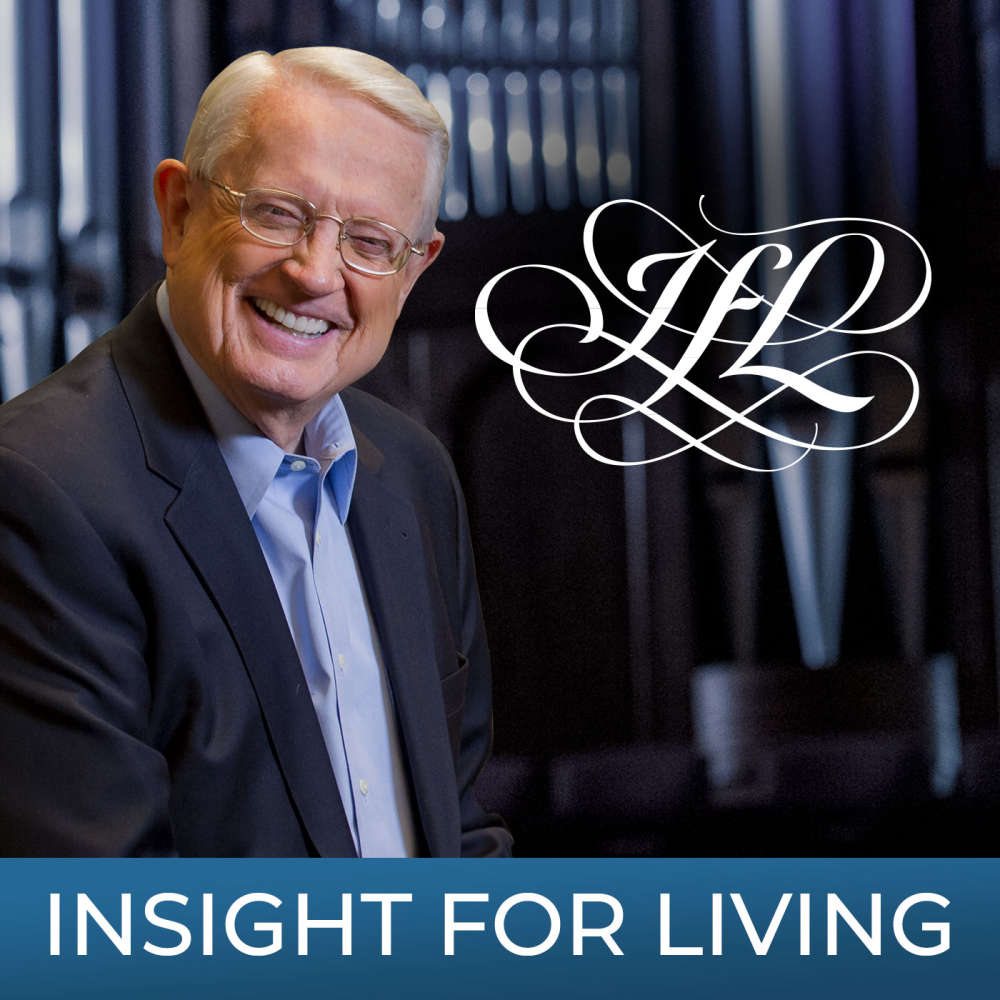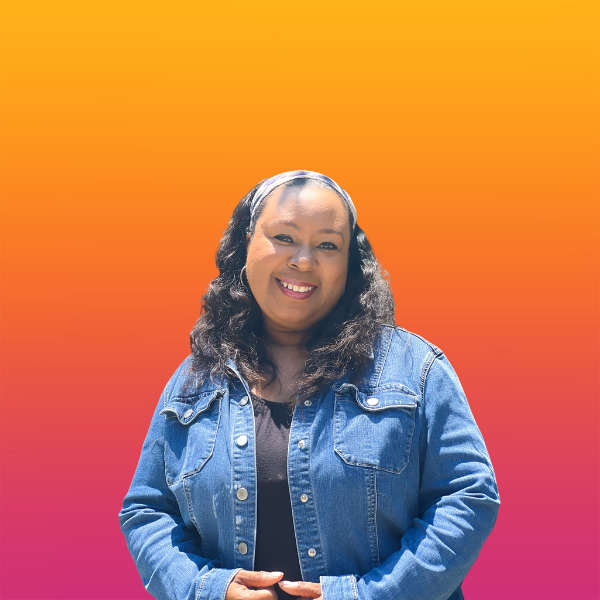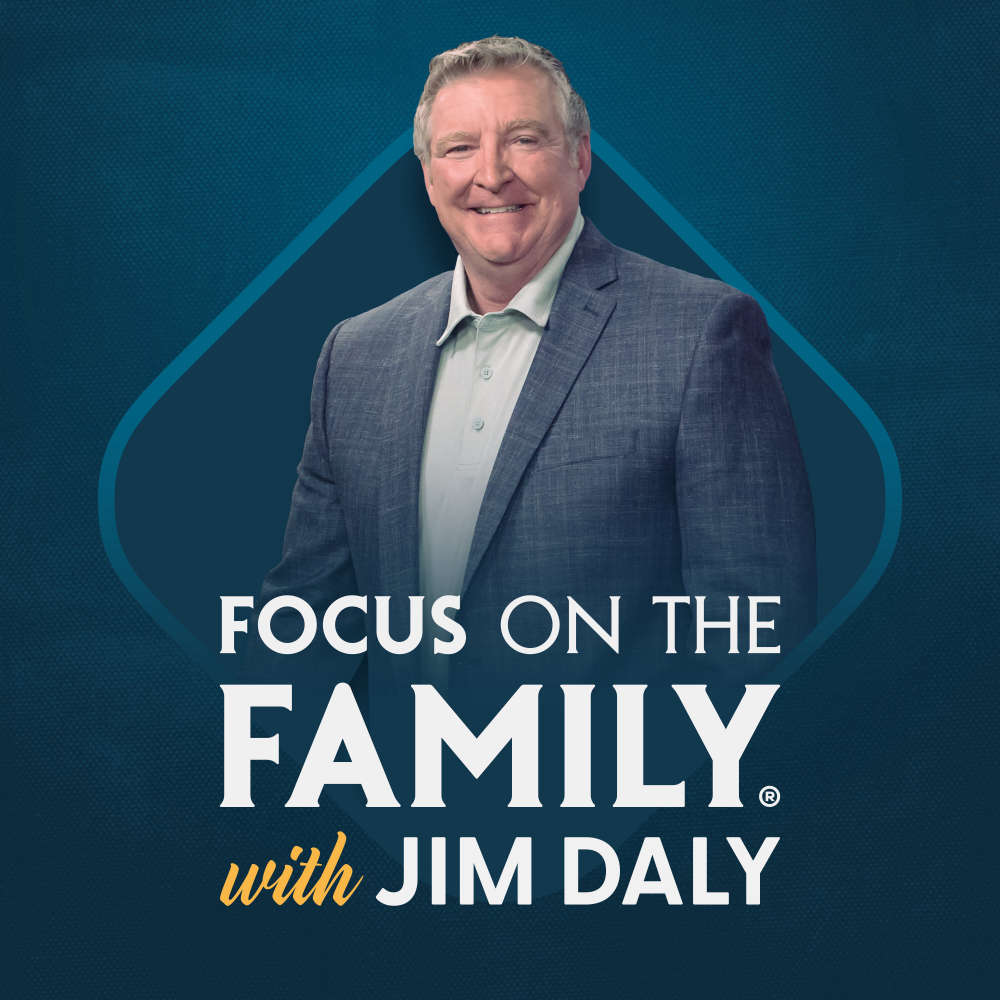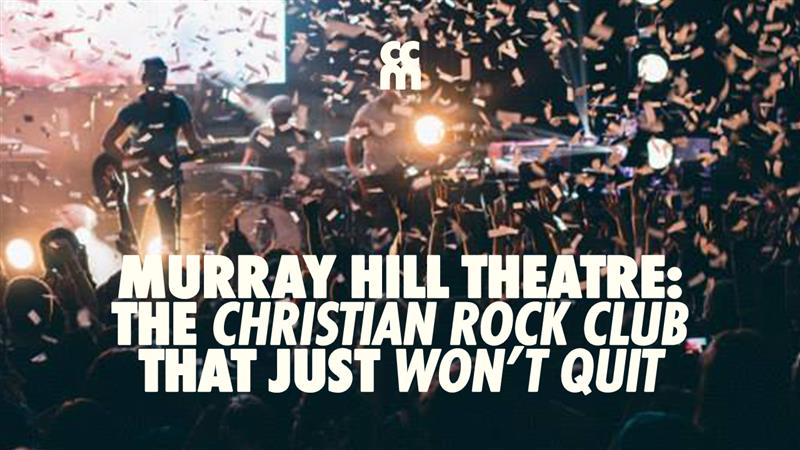
If you grew up in the Christian music underground of the ’90s and early 2000s, you probably spent more nights than you’d admit in some coffee-fueled rock club that promised loud guitars without the alcohol. These venues were strange little ecosystems: equal parts youth group outreach and punk rock proving ground. On any given night Read More
If you grew up in the Christian music underground of the ’90s and early 2000s, you probably spent more nights than you’d admit in some coffee-fueled rock club that promised loud guitars without the alcohol. These venues were strange little ecosystems: equal parts youth group outreach and punk rock proving ground. On any given night you’d find yuppies in polos, gutter punks in patched jackets, and suburban kids trying out eyeliner for the first time. The music was the draw, but the scene itself was the real hook.
Nashville had Rocketown—Michael W. Smith’s big venue that held a coffee bar, skate park, and multiple stages. It worked. Rocketown was packed almost every night, hosting everyone from hardcore bands to acoustic songwriters. While it moved to a new location many years ago, it’s not quite the same beast. These days it’s more community center than counter-culture hub.
Most of those clubs are gone now. The wave broke. Some went under, some cheap strip malls bulldozed, others just faded when the church crowd stopped showing up. But in Jacksonville, Florida, one venue has refused to die. Murray Hill Theater just finished celebrating thirty years of pushing amps and bodies through its doors, marking the milestone with a month-long blitz of shows called 30 Bands in 30 Days.
From July 31 through August 30, 2025, Murray Hill stacked the calendar with national names and local heroes—Trip Lee, Aaron Cole, KJ-52, Allison Eide, Tenth Avenue North, Phil Keaggy, Disciple, Rare of Breed, 1K Phew, and ska survivors Five Iron Frenzy. Bleach made an appearance too, taking the stage like it was 1999 again. Thousands came through, proving the appetite for this scene hasn’t completely disappeared.
The stats are ridiculous for a place that, on paper, shouldn’t exist: 2,775 shows over three decades, 379,000 total attendees, still running as a nonprofit, alcohol-free, all-ages room with a 598-person cap. Founder Tony Nasrallah knows the whole thing sounded insane in 1995. “What many once called a crazy idea has stood the test of time,” he says. “The Murray Hill Theater is proof that faith, vision, and persistence can fuel real cultural change. Thirty years later, the theater is thriving—and the neighborhood has been renewed.”
Nasrallah didn’t just keep the doors open—he doubled down, eventually buying the entire strip center around the theater. Eleven storefronts, a parking lot, the whole thing. It was part preservation move, part real estate gamble, and it locked Murray Hill into the fabric of Jacksonville even as the neighborhood shifted from crime and boarded-up windows to coffee shops and record stores.
That survival matters. Because these clubs were never just about keeping kids out of bars. They were the training grounds. Bands like Switchfoot, Relient K, and MercyMe all passed through Murray Hill before they were filling arenas. The venue has receipts proving that a no-booze, no-smoke, no-nonsense rock club could still move culture.
Now, with mainstream nightlife catching onto alcohol-free bars and sober dance parties, Murray Hill looks less like an outlier and more like a pioneer. Thirty years in, it’s one of the only true Christian rock clubs still standing—still loud, still gritty, still claiming space for faith in a scene that once felt like it might swallow itself whole.
For those of us who came up in that era, Murray Hill is a reminder. The clubs may not be on every corner anymore, but the blueprint didn’t vanish. One building in Jacksonville is proof it can last. The lights are still on, the stage is still loud, and the calendar is still full. To see what’s coming up next, visit http://murrayhilltheatre.com/
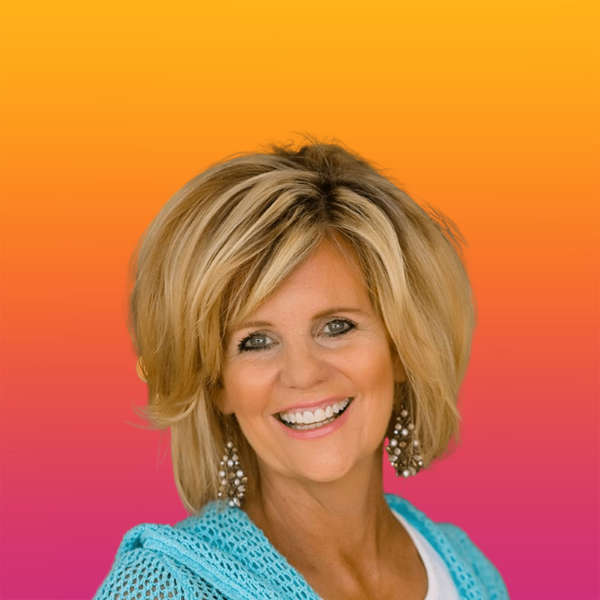

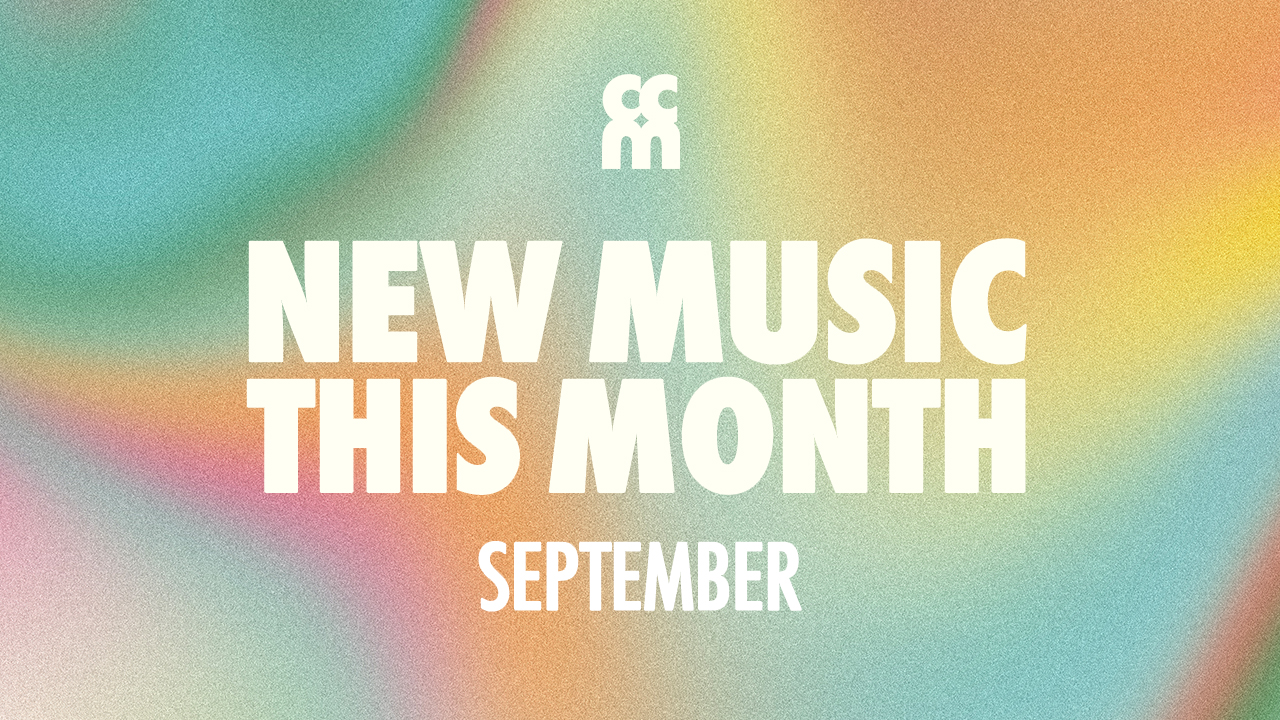 New Music Round-Up: September 2025
New Music Round-Up: September 2025
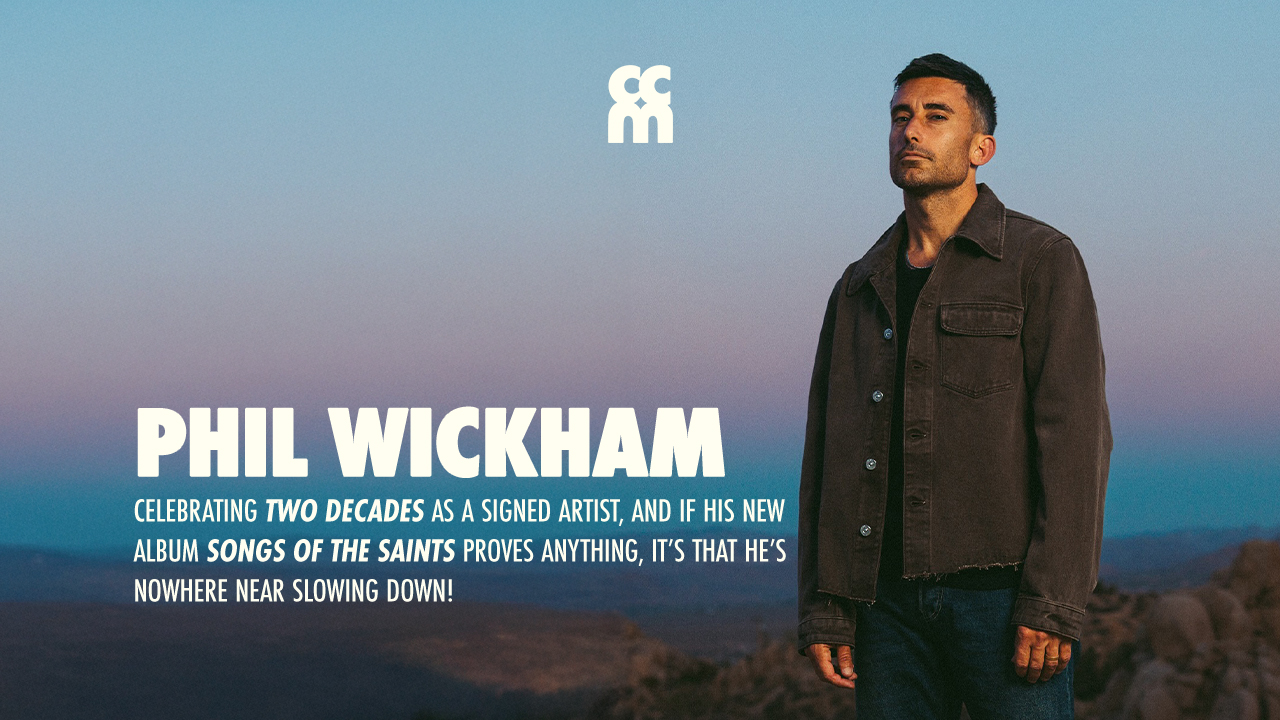 Phil Wickham Drops Biggest Album Yet
Phil Wickham Drops Biggest Album Yet
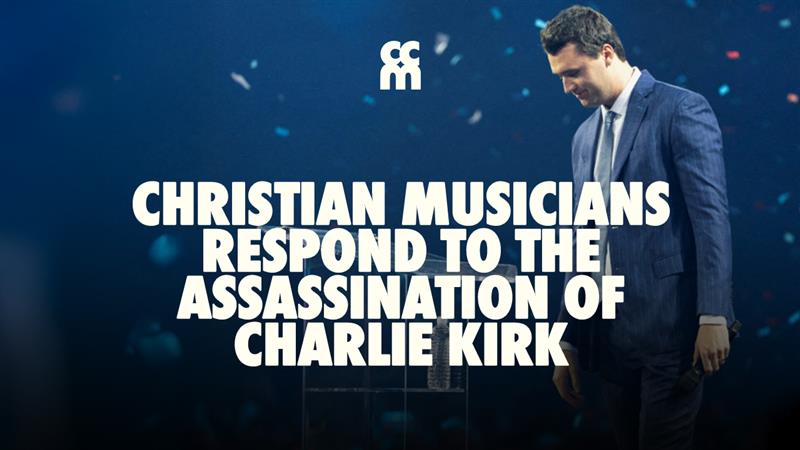 CCM Responds to Charlie Kirk
CCM Responds to Charlie Kirk
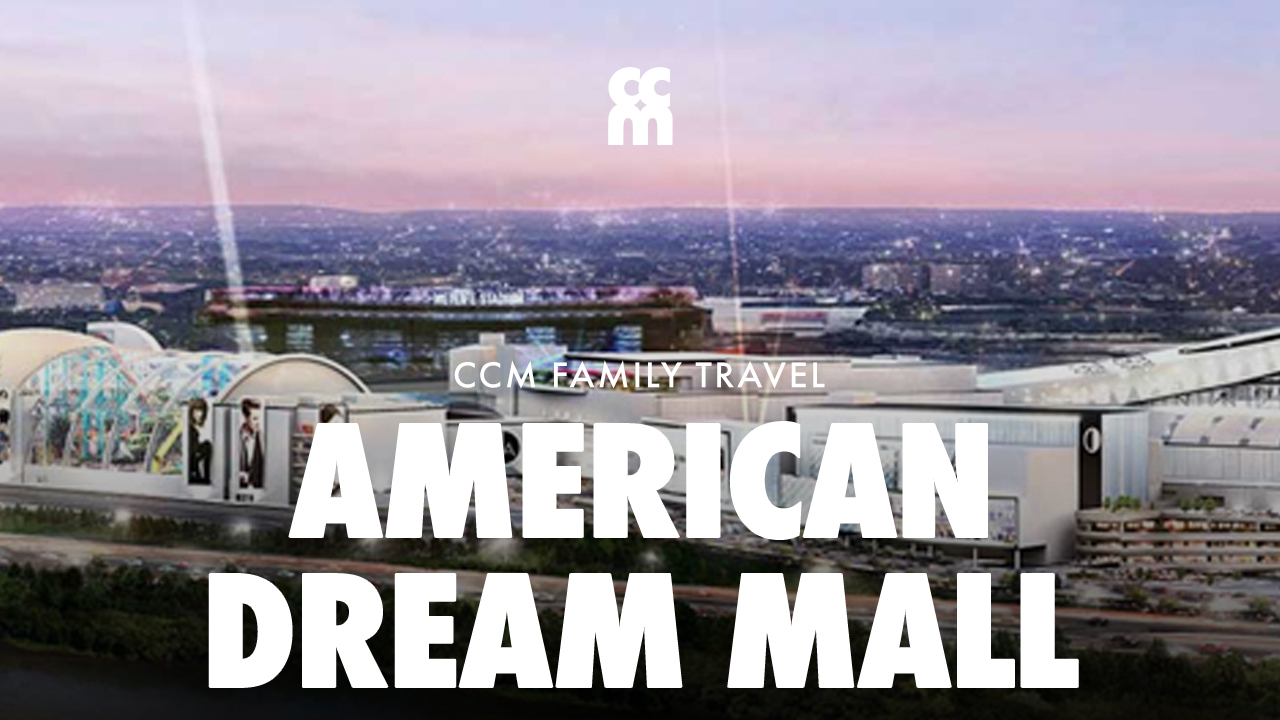 CCM Family Travel: American Dream Mall
CCM Family Travel: American Dream Mall
 Where Are They Now: Big Tent Revival
Where Are They Now: Big Tent Revival

